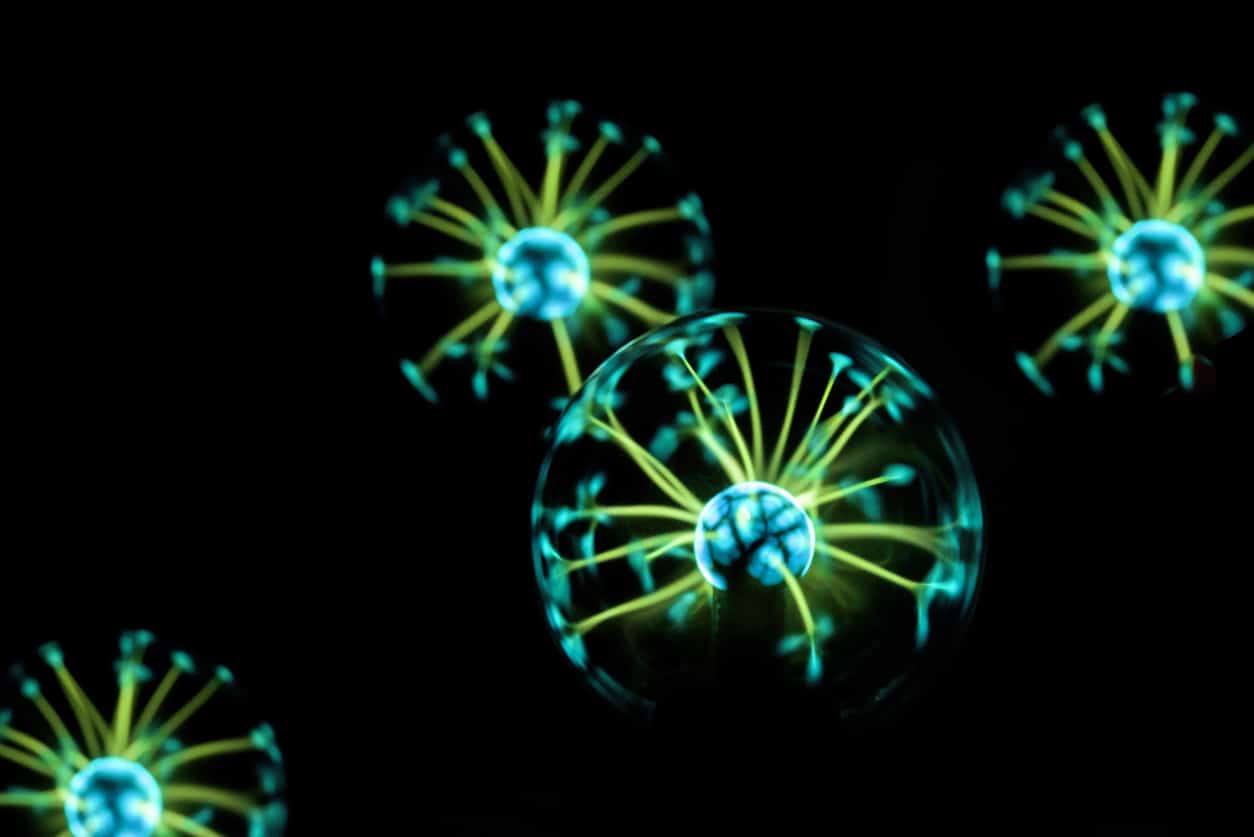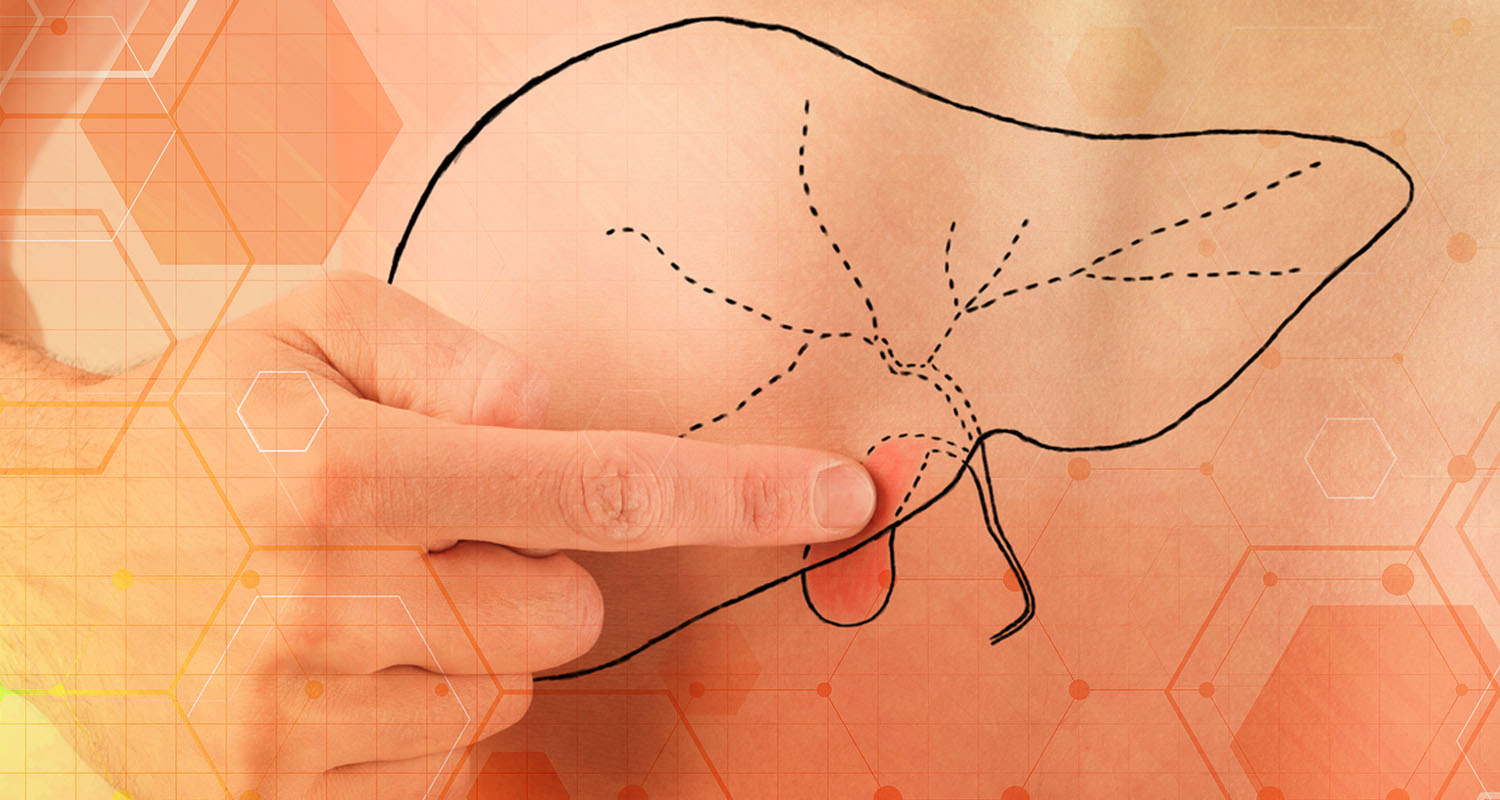
[tldr]
- A lot of people do not digest or absorb fats well and don’t realize it.
- Since problems around fat malabsorption typically go under the radar, you might deal with this for years without knowing you’re not getting anything out of your fats.
- Symptoms like sticky or floating stool, digestive upset after meals, even dry skin and hair loss can signal that you’re not digesting fats.
- Here’s how to incorporate digestive enzymes, stomach acid, and even ox bile whether you have a gallbladder or not.
[/tldr]
Because we’ve lived with an unrealistic fear of fat for so many years, a lot of us don’t realize when we’re not digesting or absorbing fats well. Since problems around fat malabsorption typically go under the radar or masquerade as something else entirely, you might deal with this for years without knowing you’re not getting anything out of your fats.
Here’s the scenario. You’ve been having noticeable problems after you eat. Your food doesn’t sit well for a good 30 minutes or more after meals. At least a few times a week, you have to rush to the bathroom right after meals. What comes out is messy, floats on top, is light in color, and while you didn’t notice a strong smell before, lately your whole neighborhood knows you went to the bathroom. Or, you might have things you wouldn’t consider medical issues, like dry skin, dry eyes, or your hair doesn’t grow as fast as it used to.
Biohacking involves paying close attention to the small stuff, because it all matters. Whenever your body changes in any way, there’s a reason. Here’s how to tell if you’re not digesting fats and what to do about it. This is based on my own experiences repairing my own biology, losing 100 lbs of fat, and the research that went into the section on bile in The Bulletproof Diet. Teaching my body to properly absorb fat and use it as a building block for healthy cells – and as a fuel source for energy – made a huge difference in turning my brain back on. (And finally exposing my abs!)
Signs of fat malabsorption
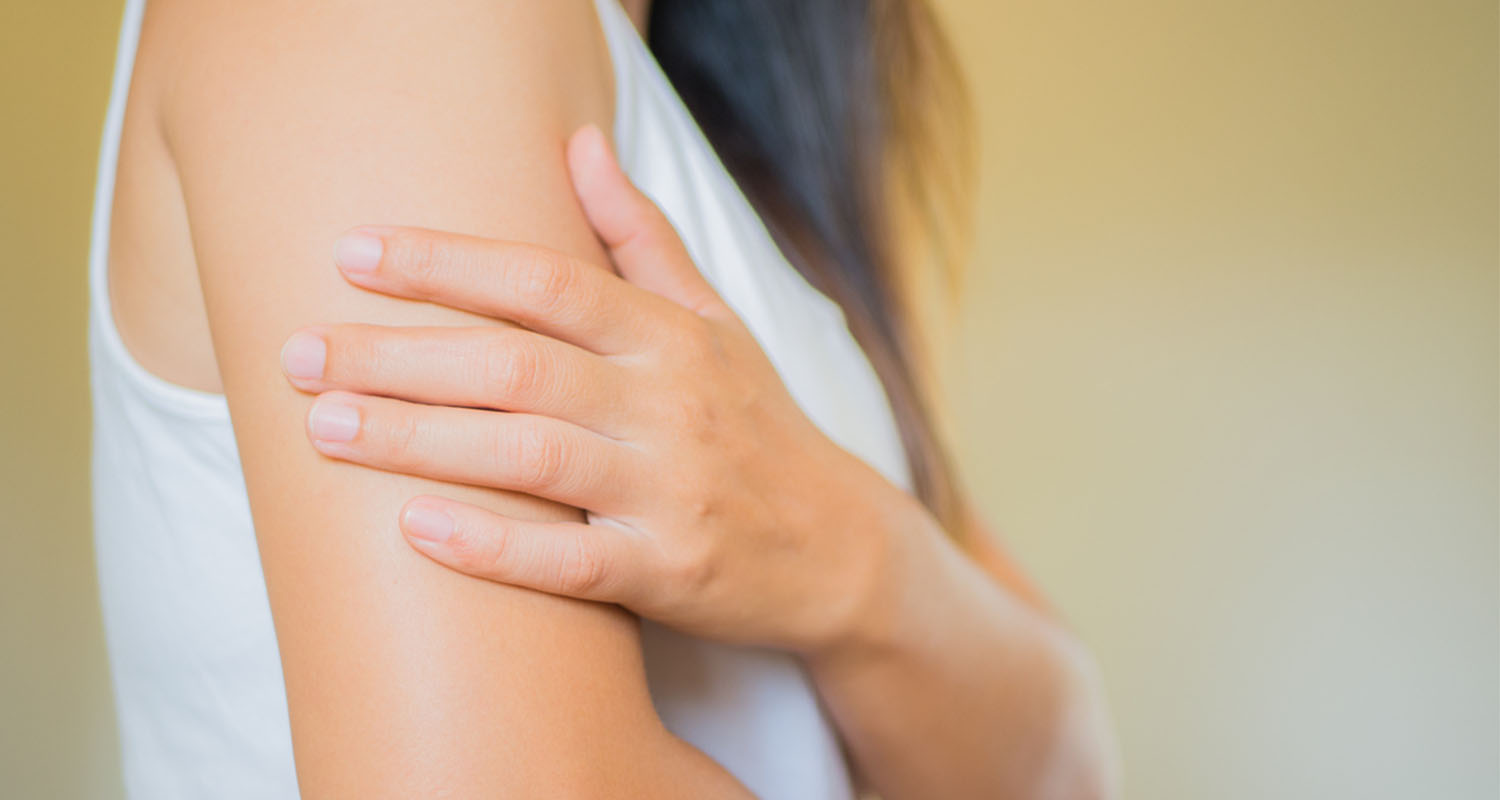
You may have no clue you’re not digesting or absorbing fats. You could have no symptoms at all, or you could think that low-level symptoms like dry skin or loose stools are just the way you were made.
Or, you could have several digestive problems and other issues that your doctor hasn’t linked to the way you absorb fats. A range of symptoms indicates that you don’t digest fats well, like:
- Diarrhea several times per week or more
- Poops that smell bad
- Light-colored stools
- Floating stools
- Sticky stools
- Skin rash
- Weight loss
- Gassy after meals (flatulence and belching)
- Dry skin
- Tender gallbladder (located just under the ribs above the belly button and 3-4” to your right.)
- Gallbladder attack or gallstones
- Queasy feeling after meals
If you’re not sure whether your poop is the product of healthy digestion or not, you can take a look next time you go, and compare it to this stool chart to see how you’re doing.
Reasons you’re not digesting fats
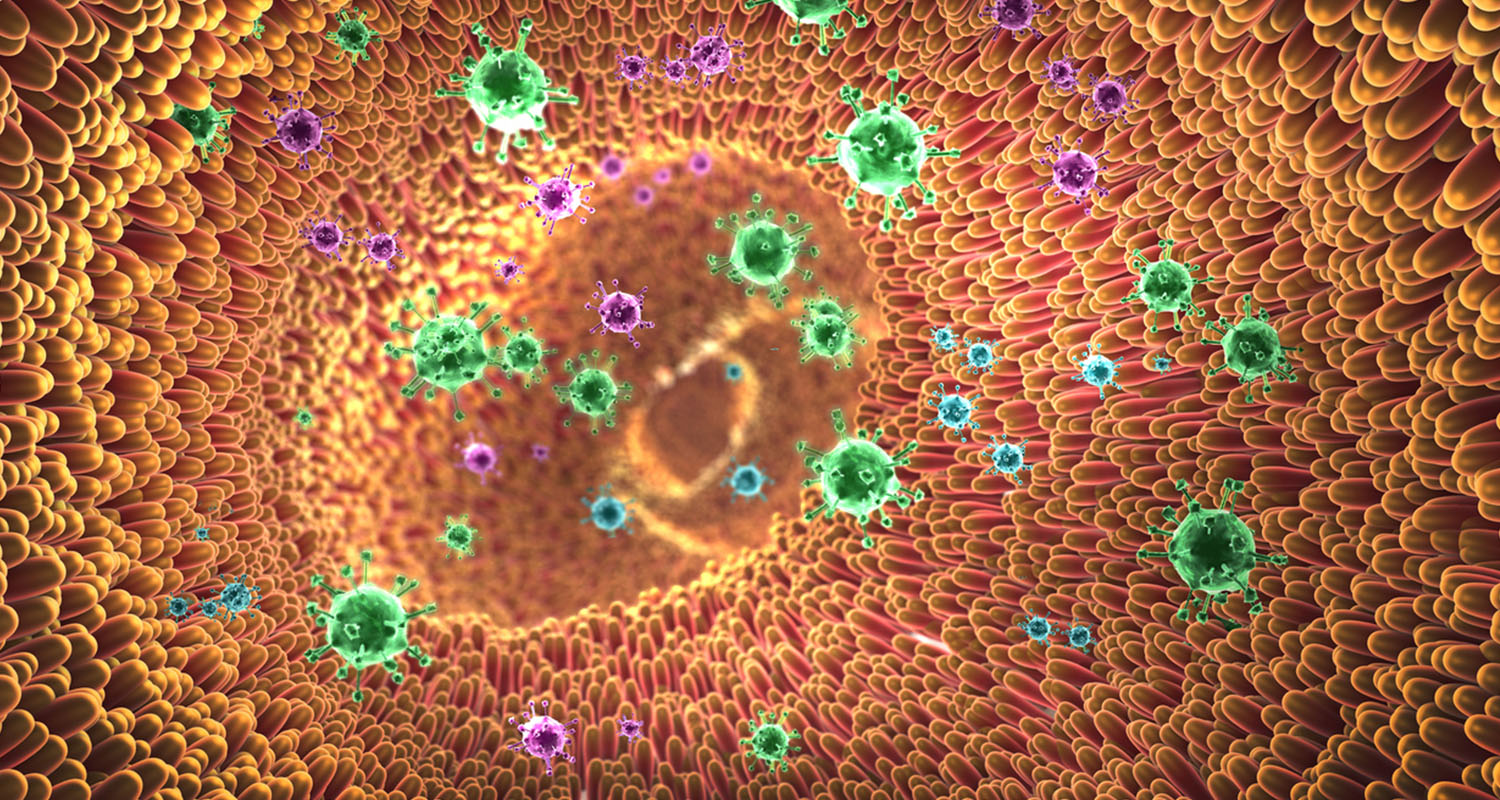
You’ve had your gallbladder removed
Without a gallbladder, your liver makes bile and it releases before your food gets to the intestines. Without the right amount of bile at the right time, dietary fat molecules are too large to fully break down. If this is the case, take an ox bile supplement before meals, along with a digestive enzyme containing lipase. Bile from oxen is most similar to humans’ so it makes a huge difference.
This is hugely important, and most doctors fail to tell people this after they take out a gallbladder. One of my closest friends, Michelle, had this procedure performed almost twenty years ago. She predictably got dry skin, dry eyes, and brittle hair. When she added ox bile to her regimen and ate the right fats, everything returned to normal.
Your bile is too thick
When you eat, especially when you eat bitter foods like dark greens, herbs, and spices, your liver gets the signal to make bile, which gets sent to the gallbladder until you need it. As your food travels down the digestive tract, the presence of fat tells the gallbladder to squeeze out the bile it’s been making.
In fact a folk remedy from Sweden, my wife’s home country, is called “Swedish Bitters.” Most ancient medical traditions, including Chinese Medicine and Ayurveda, use bitter flavors for the bile stimulating effects.
When your bile is too thick, your gallbladder contracts and contracts, but nothing comes out. High-quality bile is fluid and will squeeze out of the gallbladder easily.
How did your bile get that way? It sat too long, most likely because you were on a low-fat diet for a while. You went through a cycle of eating, which signals to your liver to make bile. Then, if you didn’t eat enough fats or if you ate poor-quality fats, your gallbladder didn’t get the memo to squeeze it out. When bile stagnates, it thickens, sometimes to the point that it hardens into gallstones.
The best things to do are eat plenty of high-quality fats like butter, avocado and salmon. Fresh bile will dilute and draw out old sticky bile.
You don’t have enough stomach acid
When you don’t have enough stomach acid, a portion of your food passes to the next phase undigested, so your pancreas doesn’t get the signal to release enzymes. Without enzymes, the fats you just ate travel down the digestive tract largely unchanged.
You can use a betaine HCl supplement before meals and see if it helps. You can use this article to figure out how much to take.
Your pancreas doesn’t make enough digestive enzymes
Bile only breaks up large fat globules into smaller fat droplets. Lipolytic (fat busting) enzymes break down fats into components your body can use for energy, to hydrate skin, to help you make hormones, and more.
When your pancreas doesn’t make enough of these enzymes, it’s either from improper signaling or because something damaged pancreatic cells, like chronic inflammation of the pancreas.
You can pick up a digestive enzyme containing lipase to boost your body’s supply. These are usually combined with other enzymes and sometimes HCl, so check the label to find one that has what you need.
Things you can do digest fats better
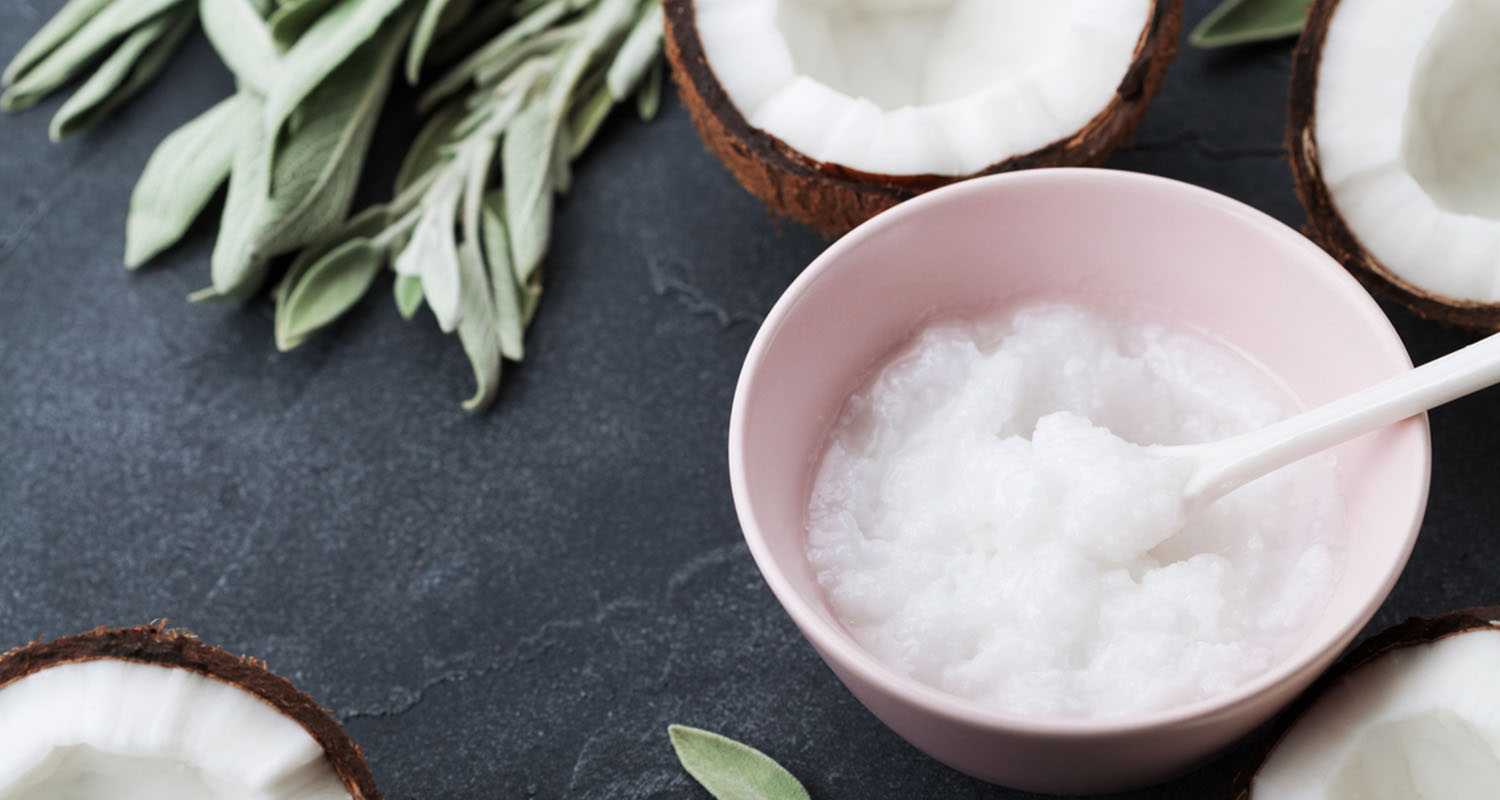
First thing – consume C8 MCTs
C8 MCTs (caprylic acid), like the fat in Brain Octane Oil, skips a few steps in digestion. You don’t need bile for your cells to use it. Having a little bit of caprylic acid every day will help your body replenish the fats it’s been missing out while you haven’t been digesting fats.
Eat more healthy fats
Eating more fats will stimulate your liver to produce more bile, which will mix with stagnant bile and thin it out. Eating high quality fats like avocados, salmon and coconut oil to get things flowing.
Eat bitter foods
Bitter leafy greens simulate your liver to produce bile, which helps thin sticky bile and get things moving. Before heavy meals, you can take herbal digestive bitters. Make sure you taste the bitters because the first line of signaling for bile comes from the tongue.
Take hydrochloric acid (HCL) tablets
HCl, whether produced naturally by your stomach or taken as a supplement, tells your pancreas that food is coming, and that it needs to release enzymes. When you don’t make enough stomach acid, the pancreas won’t do what it’s supposed to do.
Take enzymes – look for lipase or pancrelipase
Digestive enzymes usually come in combo capsules. If you’re not digesting fats, you need lipase at a minimum.
What do I do if I don’t have a gallbladder?
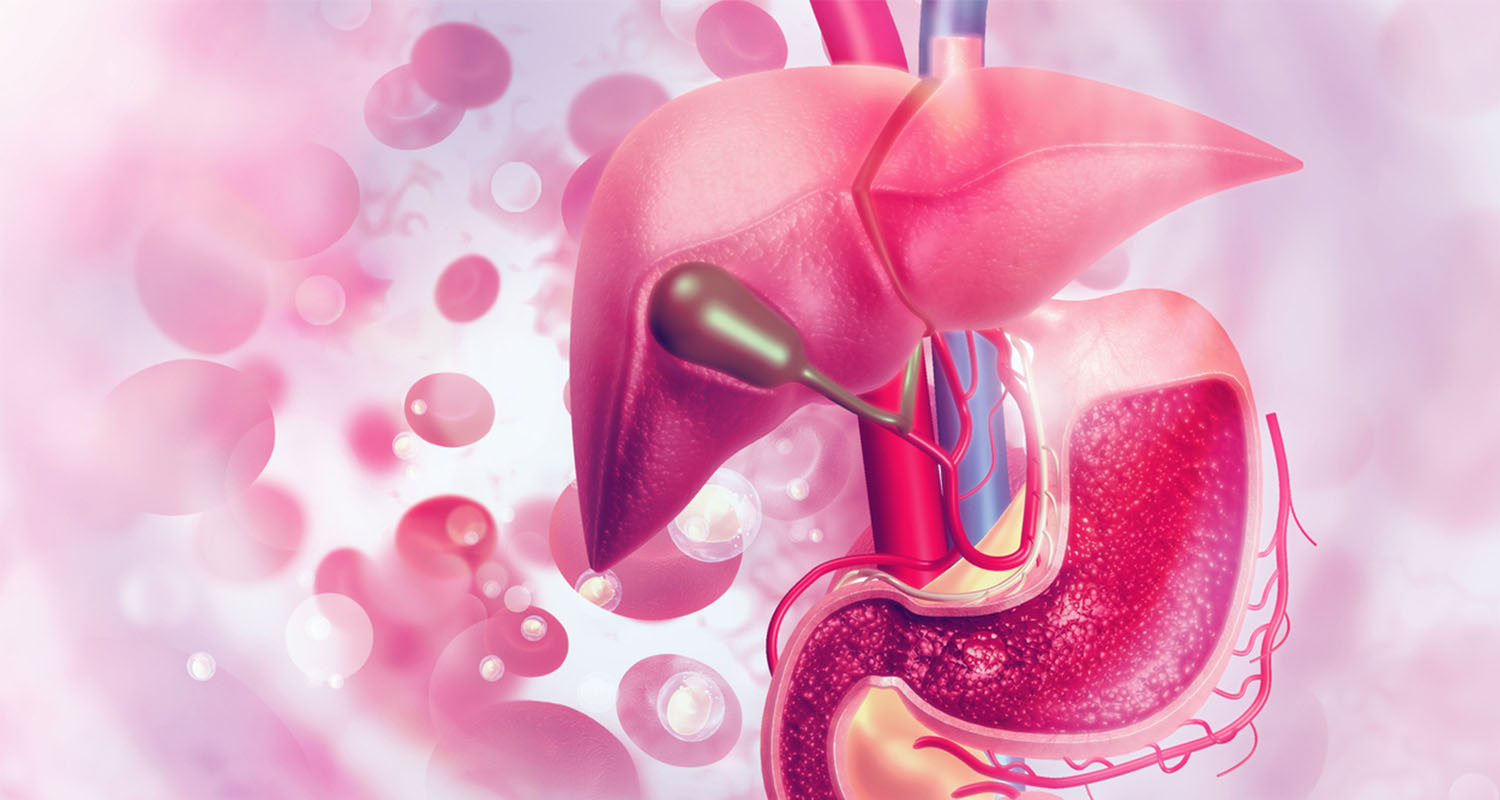
If you don’t have a gallbladder, you’ll feel a lot better with ox bile before every meal that contains fat. If you’re under a doctor’s care, check in before making any changes. If you’ve been following Bulletproof for a while, you’re already having fat with every meal, and you’re going to want to make sure your bile is working even without a gallbladder. It can be helpful to use lipase.
If you have a gallbladder, use ox bile for 2-3 weeks to help draw out sludgy bile. Then, use lipase and other enzymes for a month or two to stimulate your pancreas to release its own. You can take enzymes intermittently, or with every meal. Your body is the best guide.
The biggest lesson I’ve learned in upgrading my biology to levels I didn’t ever know to expect is that when my body doesn’t work the way I want, it’s my fault. Not because I didn’t try enough or was weak, but simply because there is always a reason, and the change simply means that I didn’t know which levers to pull or which habits to change. I’m continuously amazed and grateful to see how powerful my own biology is when I maintain it like a high performance machine.
The bottom line is that it is your birthright to feel good and have energy — it’s a lot easier when you know what to do to get the results you want. So go enjoy some butter already!
